
Mother Teresa once suggested that the world is hurting because “we have forgotten that we belong to one another.”[1] It occurs to me that whenever we have an opportunity to remember we are part of the same human family, and to respond to one another with love, the best of our shared humanity is revealed.
There is a lot of talk today about the importance of self-care. Indeed, a billion-dollar industry has emerged around this concept with self-help books, spas, life coaches, spiritualities, and myriad lotions and potions to address every kind of ailment that one could ever possibly imagine.
Without a doubt, self-care is important. To thrive as humans, we must tend to our physical, intellectual, emotional, and spiritual needs. A balanced life is something we all deserve, and we owe it to ourselves to strive to attain this. Moreover, it is essential if we wish to function to the best of our ability.
Judging from his letters, Saint Vincent de Paul would probably have agreed with this advice. He certainly encouraged his confreres and friends to find balance in their day-to-day lives and to take care of their health, “I ask you once again to work a little less and take care of yourself.”[2] Furthermore, he believed that healthy habits and behaviors were integral to realizing one’s purpose. “In the name of Our Lord, Monsieur, do all you can to regain your health and take good care of it so that you can serve God and the poor for a longer time.”[3]
At the same time, Vincent was also keenly aware that one cannot hope to grow spiritually if one’s focus remains within. As all the major world religions emphasize, a life well-lived requires us to listen deeply and respond to the voices that cry out from the wilderness, the margins of society. The Abrahamic traditions echo this message by urging us to care for the most vulnerable, namely, the “widows, orphans and strangers.” Taking care of those who are poor and marginalized is likewise firmly rooted at the very heart of Vincentian spirituality and DePaul University’s mission.
Additionally, Vincent believed that when he was in relationship with those on the margins, he most fully encountered Jesus Christ. Grounded in an incarnational faith, any opportunity to be of service to those in need allowed Vincent to enter more deeply into communion with God.
I have to love my neighbor as the image of God and the object of His Love, and to act in such a way that people, in their turn, love their Creator, who knows them and acknowledges them as His brothers [and sisters], whom He has saved, and that by mutual charity they love one another for love of God, who has loved them so much as to hand over His own Son to death for them.[4]
In centering the dignity and worth of each person to whom he ministered, Vincent was able to see that person as a brother or a sister in Christ rather than simply someone who was asking for help. This positionality enabled Vincent to relate to the person with mindfulness and presence, and to experience a level of kinship with them as he might a friend or family member.
To be a Christian and to see our brother [or sister] suffering without weeping with [them], without being sick with [them]! That’s to be lacking in charity; it’s being a caricature of a Christian; it’s inhuman; it’s to be worse than animals.[5]
Thus, charity became real for Vincent by entering into relationships with people whose names and real-life circumstances he knew. Such meaningful connections with “kinsfolk” ensured that care for those on the margins was never an abstract ideal based on an erudite theology. Instead, it was a lived response to a call he felt deep within to be a faithful disciple of Jesus Christ. Vincent answered this call through concrete actions to love and care for the most vulnerable. His journey represented a spiritual, ethical, and inclusive path. A path, which would never let him forget the essential truth that we belong to each other.
For reflection
- How do I find balance between responsibility to self and responsibility to others?
- How have you benefited from being part of a community of care at DePaul?
- What elements are integral to creating a sense of belonging in the workplace? How can these be created and sustained at DePaul?
Reflection by: Siobhan O’Donoghue, PhD, Director of Faculty and Staff Engagement, Division of Mission and Ministry
[1] “Mother Teresa Reflects on Working Toward Peace,” see: https://www.scu.edu/mcae/architects-of-peace/Teresa/essay.html.
[2] Letter 1988, To Edme Jolly, Superior, in Rome, 7 January 1656, CCD, 5:506. Available at: https://via.library.depaul.edu/coste_en/
[3] Letter 343, To Bernard Codoing, in Richilieu, 29 August 1638, Ibid., 1:491.
[4] Conference 207, Charity (Common Rules, Chap. II, Art. 12), 30 May 1659, Ibid., 12:215.
[5] Ibid., 12:222.

 Lunch with Vincent: Who is My Neighbor?
Lunch with Vincent: Who is My Neighbor?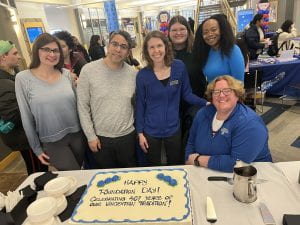 2024 Foundation Day: The Shared Coin Tradition
2024 Foundation Day: The Shared Coin Tradition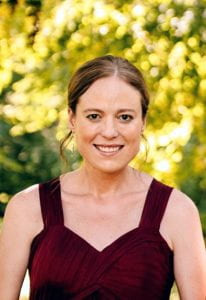 Remembering Maria Elise Jabon
Remembering Maria Elise Jabon
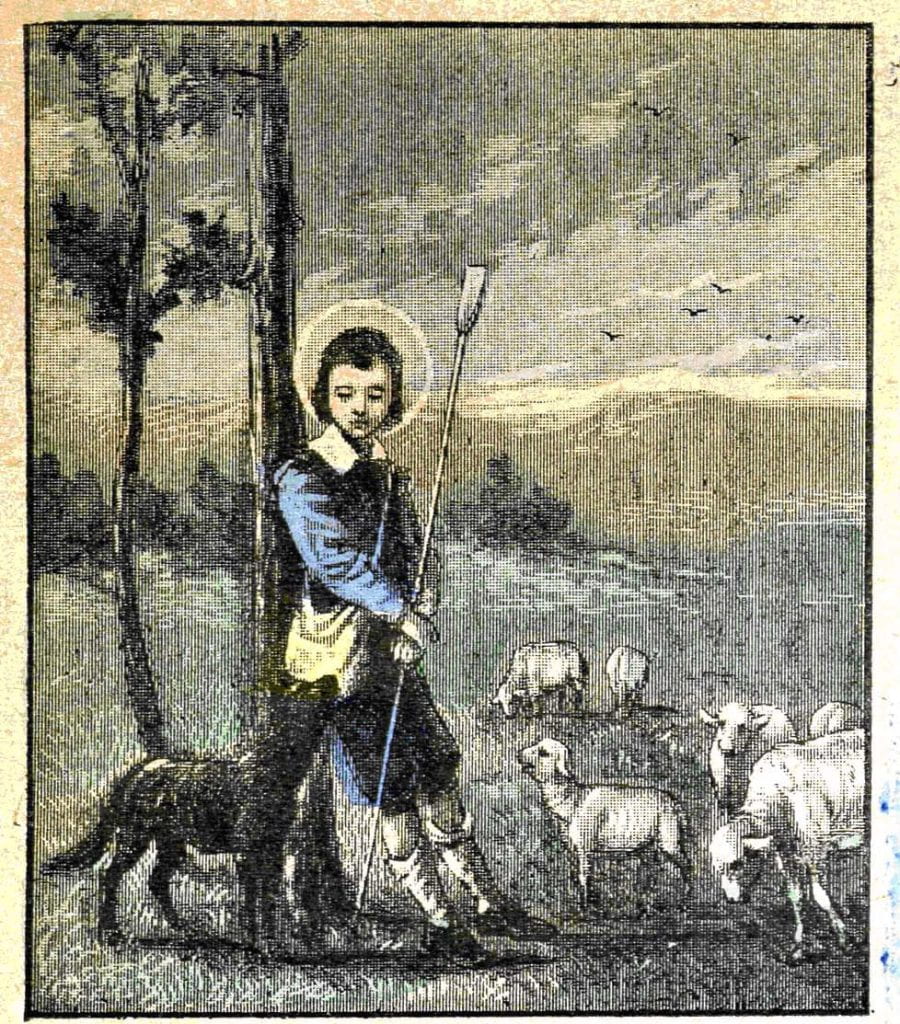

 Build Diversity Certificate
Build Diversity Certificate

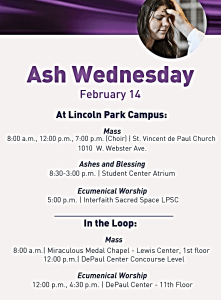 Ash Wednesday
Ash Wednesday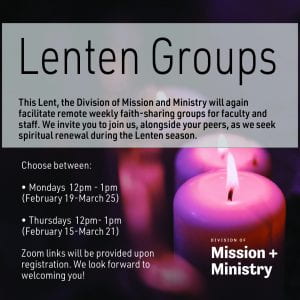 Lenten Groups
Lenten Groups
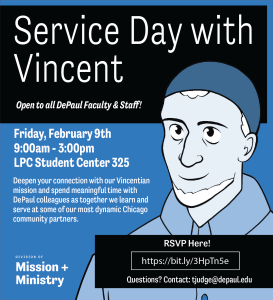
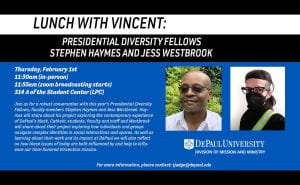
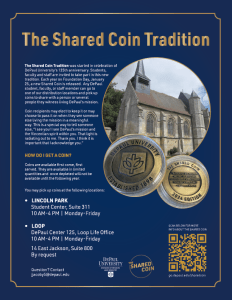 The Shared Coin Tradition 2024
The Shared Coin Tradition 2024